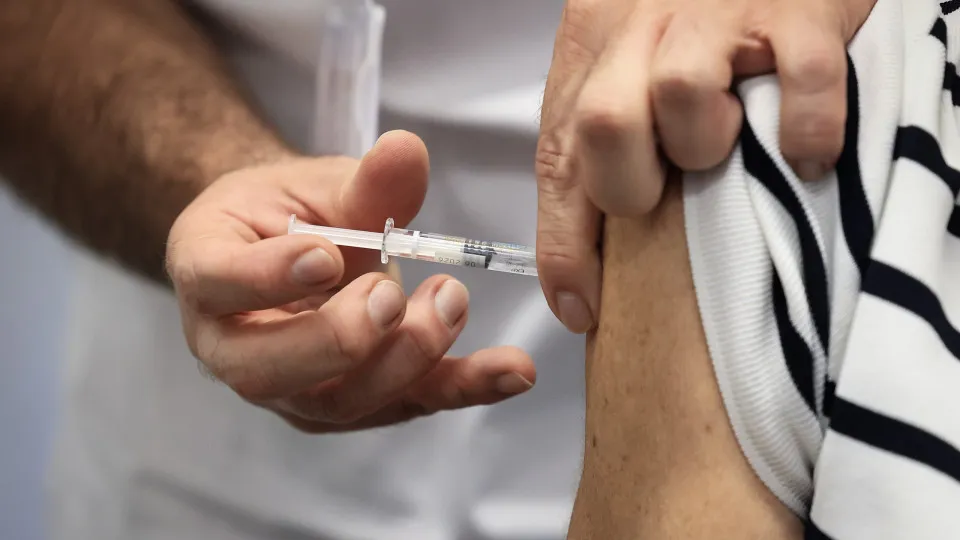
“We managed to restock between local health units (ULS) because there was a need, some vaccines were out of stock because we had a very high demand, (…) but this issue has been completely resolved with the acquisition of more vaccines,” she stated.
Speaking to journalists at the Instituto Nacional de Saúde Doutor Ricardo Jorge (Insa) in Lisbon during the “HEALTH unites us” meeting on strengthening health systems, particularly in Portuguese-speaking African countries (PALOP), Ana Paula Martins urged the continuation of vaccination, especially against flu, highlighting the increased risks of winter.
“We will continue to urge the Portuguese and citizens to get vaccinated, especially against flu, because, as you know, we are facing winter, which requires all our attention,” she emphasized.
The official reiterated that vaccination is an essential protective measure, particularly for the most vulnerable groups.
“Vaccination is clearly a very important measure. (…) We will continue to vaccinate as many people as possible every day to protect the most vulnerable,” she added.
Ana Paula Martins reaffirmed that the country is prepared to face a challenging winter, despite human resource limitations, emphasizing the existence of strong contingency plans in all ULS.
“We are aware that winter is going to be tough, all predictions point to that, there are external factors that we do not yet know,” she declared.
The official recalled that the winter plan results from collaboration between the Directorate-General of Health, the Executive Directorate of SNS, and the Instituto Nacional de Saúde Dr. Ricardo Jorge, responsible for epidemiological surveillance, mentioning that she is visiting all ULS.
“What I have found are two things: strong contingency plans and, obviously, human resource challenges. For example, in the Alentejo region, with all the effort of the professionals, they are doing everything to complete the schedules,” she indicated.
According to Ana Paula Martins, the contingency plans have several levels and may involve measures such as suspending scheduled activities in case of increased emergency pressure.
“If there are many cases in the emergency, we might, for example, have to stop scheduled activities, which is something we don’t like because it increases waiting lists,” she stressed.
Among the prepared measures, the minister highlighted the reinforcement of backup beds, increased use of telemedicine, and the expansion of home hospitalization.
“The most innovative is the use of telemedicine, already in some ULS, to ensure that people without a family doctor have access to teleconsultation. (…) The SNS24 line is also being reinforced to handle over 4 million calls,” she highlighted.




